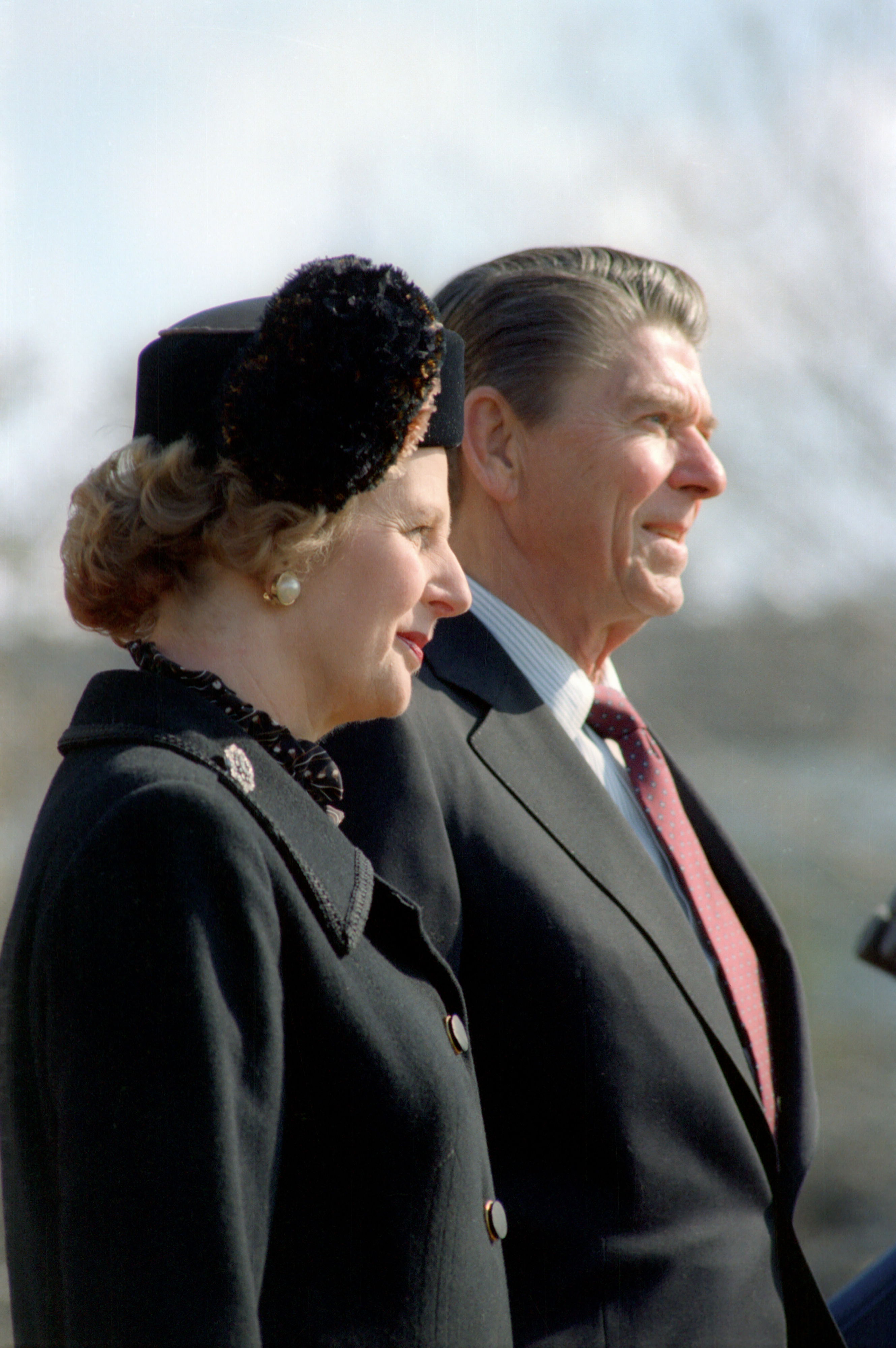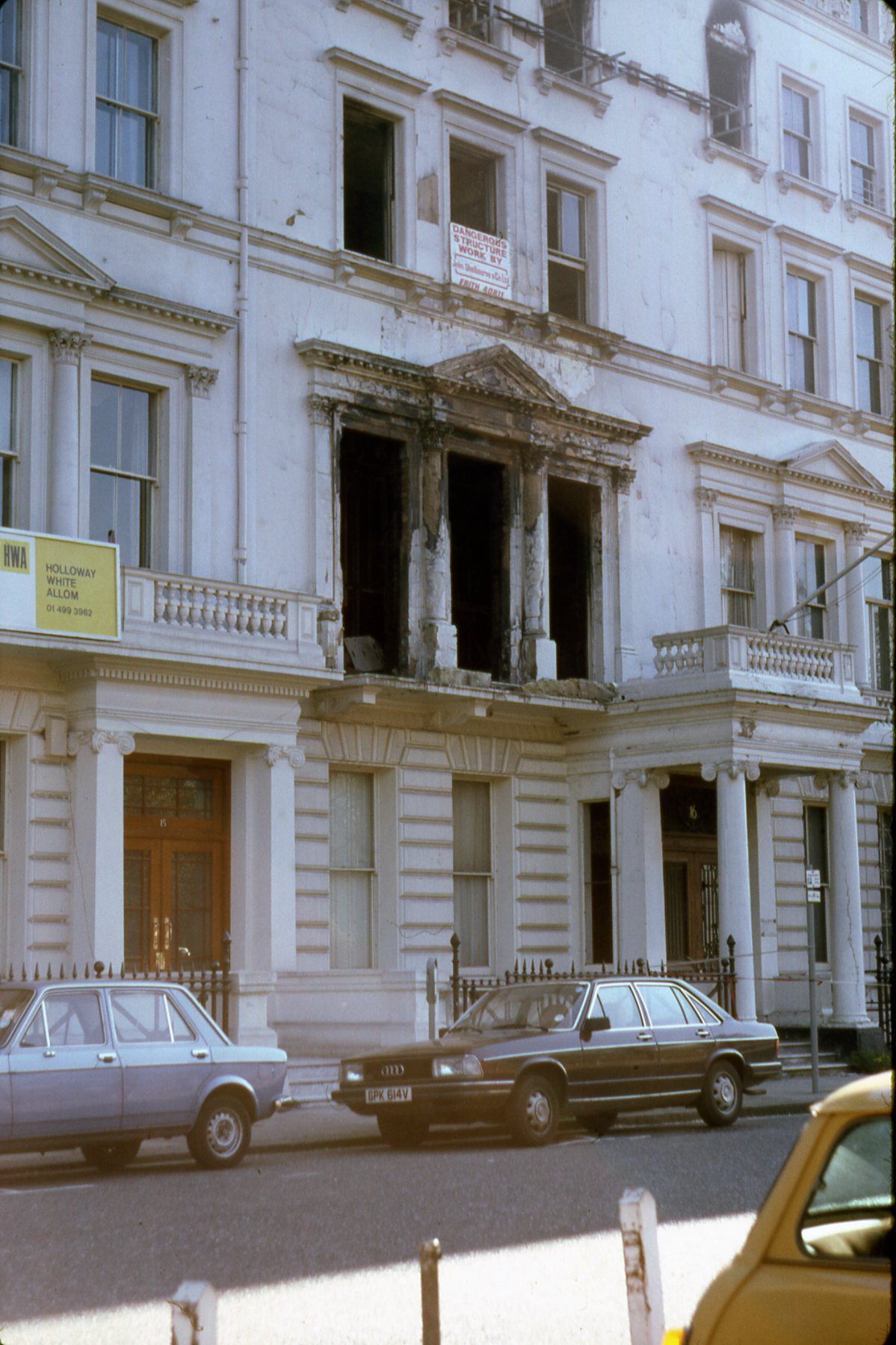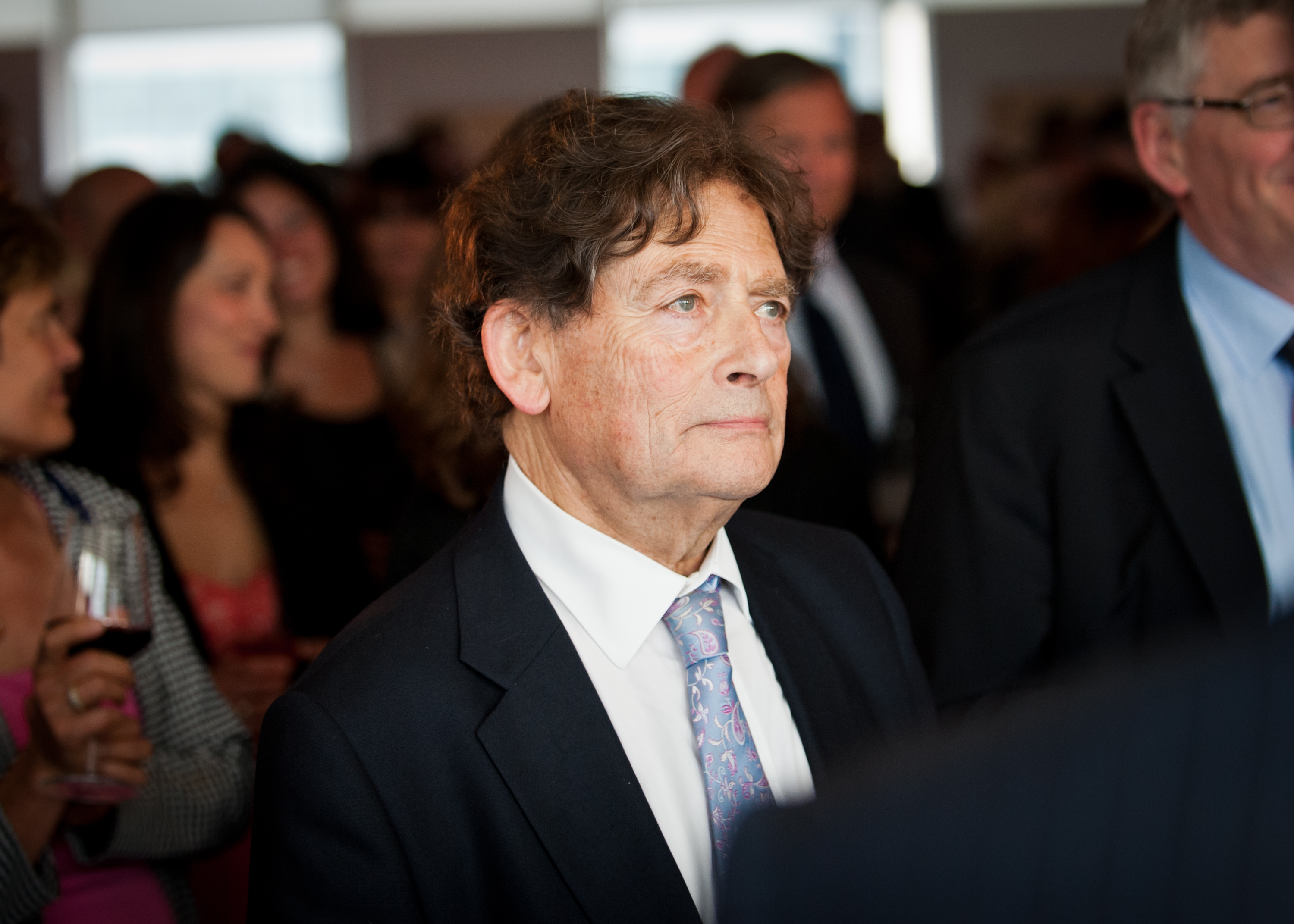|
Thatcherism
Thatcherism is a form of British conservative ideology named after Conservative Party (UK), Conservative Party leader Margaret Thatcher that relates to not just her political platform and particular policies but also her personal character and style of management while in office. Proponents of Thatcherism are referred to as Thatcherites. The term has been used to describe the principles of the Premiership of Margaret Thatcher, British government under Thatcher from the 1979 United Kingdom general election, 1979 general election to 1990 Conservative Party leadership election, her resignation in 1990. In international terms, Thatcherites have been described as a part of the general Social movement, socio-economic movement known as neoliberalism, with different countries besides the United Kingdom (such as the United States) sharing similar policies around expansionary capitalism. Thatcherism represents a systematic, decisive rejection and reversal of the post-war consensus insi ... [...More Info...] [...Related Items...] OR: [Wikipedia] [Google] [Baidu] |
Premiership Of Margaret Thatcher
Margaret Thatcher's tenure as Prime Minister of the United Kingdom began on 4 May 1979 when she accepted an invitation from Queen Elizabeth II to form a government, succeeding James Callaghan of the Labour Party (UK), Labour Party, and ended on 28 November 1990 upon her resignation. She was elected to the position in 1979 United Kingdom general election, 1979, having led the Conservative Party (UK), Conservative Party since 1975, and won landslide re-elections for the Conservatives in 1983 United Kingdom general election, 1983 and 1987 United Kingdom general election, 1987. She gained intense media attention as Britain's first female prime minister, and was the longest-serving British prime minister of the 20th century. Her premiership ended when she withdrew from the 1990 Conservative Party leadership election, 1990 Conservative leadership election. As prime minister, Thatcher also served simultaneously as First Lord of the Treasury, Minister for the Civil Service, and Leader ... [...More Info...] [...Related Items...] OR: [Wikipedia] [Google] [Baidu] |
Margaret Thatcher
Margaret Hilda Thatcher, Baroness Thatcher (; 13 October 19258 April 2013), was a British stateswoman who served as Prime Minister of the United Kingdom from 1979 to 1990 and Leader of the Conservative Party (UK), Leader of the Conservative Party from 1975 to 1990. She was the List of prime ministers of the United Kingdom by length of tenure, longest-serving British prime minister of the 20th century and the first woman to hold the position. As prime minister, she implemented policies that came to be known as Thatcherism. A Soviet journalist dubbed her the "Iron Lady", a nickname that became associated with her uncompromising politics and leadership style. Thatcher studied chemistry at Somerville College, Oxford, and worked briefly as a research chemist before becoming a Barristers in England and Wales, barrister. She was List of MPs elected in the 1959 United Kingdom general election, elected Member of Parliament for Finchley (UK Parliament constituency), Finc ... [...More Info...] [...Related Items...] OR: [Wikipedia] [Google] [Baidu] |
British Conservative
The Conservative and Unionist Party, commonly the Conservative Party and colloquially known as the Tories, is one of the two main political parties in the United Kingdom, along with the Labour Party (UK), Labour Party. The party sits on the Centre-right politics, centre-right to Right-wing politics, right-wing of the Left–right political spectrum, left-right political spectrum. Following its defeat by Labour at the 2024 United Kingdom general election, 2024 general election it is currently the second-largest party by the number of votes cast and number of seats in the House of Commons of the United Kingdom, House of Commons; as such it has the formal parliamentary role of His Majesty's Most Loyal Opposition. It encompasses various ideological factions including One-nation conservatism, one-nation conservatives, Thatcherism, Thatcherites and Traditionalist conservatism, traditionalist conservatives. There have been 20 Conservative Prime Minister of the United Kingdom, prime minis ... [...More Info...] [...Related Items...] OR: [Wikipedia] [Google] [Baidu] |
Nigel Lawson
Nigel Lawson, Baron Lawson of Blaby, (11 March 1932 – 3 April 2023) was a British politician and journalist. A member of the Conservative Party, he served as Member of Parliament for Blaby in Leicestershire from 1974 to 1992, and served in Margaret Thatcher's Cabinet from 1981 to 1989. Prior to entering the Cabinet, he served as the Financial Secretary to the Treasury from May 1979 until his promotion to Secretary of State for Energy. He was appointed Chancellor of the Exchequer in June 1983 and served until his resignation in October 1989. In both Cabinet posts, Lawson was a key proponent of Thatcher's policies of privatisation of several key industries. Lawson was a backbencher from 1989 until he retired in 1992 and sat in the House of Lords from 1992 to his further retirement in 2022. He remained active in politics as the president of Conservatives for Britain, a campaign for Britain to leave the European Union, and was a prominent critic of the EU. He also served a ... [...More Info...] [...Related Items...] OR: [Wikipedia] [Google] [Baidu] |
1979 United Kingdom General Election
The 1979 United Kingdom general election was held on Thursday 3 May 1979 to elect List of MPs elected in the 1979 United Kingdom general election, 635 members to the House of Commons of the United Kingdom, House of Commons. The election was held following the defeat of the Labour government in a no-confidence motion on 28 March 1979, six months before the Parliament was due for dissolution in October 1979. The Conservative Party (UK), Conservative Party, led by Margaret Thatcher, ousted the incumbent Labour Party (UK), Labour government of Prime Minister James Callaghan, gaining a parliamentary majority of 43 seats. The election was the first of four consecutive election victories for the Conservative Party, and Thatcher became the United Kingdom's and Europe's first elected female head of government, marking the beginning of 18 years in government for the Conservatives and 18 years in opposition for Labour. Unusually, the date chosen coincided with the 1979 United Kingdom loca ... [...More Info...] [...Related Items...] OR: [Wikipedia] [Google] [Baidu] |
Post-war Consensus
The post-war consensus, sometimes called the post-war compromise, was the economic order and social model of which the major political parties in post-war Britain shared a consensus supporting view, from the end of World War II in Europe in 1945 to the late-1970s. It ended during the governance of Conservative Party leader Margaret Thatcher. The consensus tolerated or encouraged nationalisation, strong trade unions, heavy regulation, high taxes, and an extensive welfare state. The notion of a post-war consensus covered support for a coherent package of policies that was developed in the 1930s and promised during the Second World War, focused on a mixed economy, Keynesianism, and a broad welfare state. Historians have debated the timing of the weakening and collapse of the consensus, including whether it ended before Thatcherism arrived with the 1979 general election. They also suggest that the notion might not have been as widely supported as some claim, and that the word ' ... [...More Info...] [...Related Items...] OR: [Wikipedia] [Google] [Baidu] |
Privatisation
Privatization (rendered privatisation in British English) can mean several different things, most commonly referring to moving something from the public sector into the private sector. It is also sometimes used as a synonym for deregulation when a heavily regulated private company or industry becomes less regulated. Government functions and services may also be privatised (which may also be known as "franchising" or "out-sourcing"); in this case, private entities are tasked with the implementation of government programs or performance of government services that had previously been the purview of state-run agencies. Some examples include revenue collection, law enforcement, water supply, and prison management. Another definition is that privatization is the sale of a state-owned enterprise or municipally owned corporation to private investors; in this case shares may be traded in the public market for the first time, or for the first time since an enterprise's previous natio ... [...More Info...] [...Related Items...] OR: [Wikipedia] [Google] [Baidu] |
New Labour
New Labour is the political philosophy that dominated the history of the British Labour Party from the mid-late 1990s to 2010 under the leadership of Tony Blair and Gordon Brown. The term originated in a conference slogan first used by the party in 1994, later seen in a draft manifesto which was published in 1996 and titled '' New Labour, New Life for Britain''. It was presented as the brand of a newly reformed party that had altered the old Clause IV (which stressed nationalisation) and instead endorsed market economics. The branding was extensively used while the party was in government between 1997 and 2010. New Labour was influenced by the political thinking of Anthony Crosland and the leadership of Blair and Brown as well as Peter Mandelson and Alastair Campbell's media campaigning. The political philosophy of New Labour was influenced by the party's development of Anthony Giddens' Third Way which attempted to provide a synthesis between capitalism and socialism. The ... [...More Info...] [...Related Items...] OR: [Wikipedia] [Google] [Baidu] |
British Nationalism
British nationalism asserts that the British people, British are a nation and promotes the cultural unity of Britons,Guntram H. Herb, David H. Kaplan. Nations and Nationalism: A Global Historical Overview: A Global Historical Overview. Santa Barbara, California, USA: ABC-CLIO, 2008. in a definition of Britishness that may include people of English people, English, Scottish people, Scottish, Welsh people, Welsh, and Irish people, Irish descent (those living in both Northern Ireland and Great Britain and historically the whole of Ireland when it was within the United Kingdom). British nationalism is closely associated with British unionism, which seeks to uphold the political union that is the United Kingdom, or strengthen the links between the countries of the United Kingdom.. British nationalism's unifying identity descends from the Britons (Celtic people), ancient Britons who dwelt on the island of Great Britain. British nationalism grew to include people outside Great Britain, ... [...More Info...] [...Related Items...] OR: [Wikipedia] [Google] [Baidu] |
Government Spending
Government spending or expenditure includes all government consumption, investment, and transfer payments. In national income accounting, the acquisition by governments of goods and services for current use, to directly satisfy the individual or collective needs of the community, is classed as government final consumption expenditure. Government acquisition of goods and services intended to create future benefits, such as infrastructure investment or research spending, is classed as government investment (government Gross fixed capital formation, gross capital formation). These two types of government spending, on final consumption and on gross capital formation, together constitute one of the major components of gross domestic product. Spending by a government that issues its own currency is nominally self-financing. However, under a full employment assumption, to acquire resources produced by its population without potential inflationary pressures, removal of purchasing power m ... [...More Info...] [...Related Items...] OR: [Wikipedia] [Google] [Baidu] |
Tax Cut
A tax cut typically represents a decrease in the amount of money taken from taxpayers to go towards government revenue. This decreases the revenue of the government and increases the disposable income of taxpayers. Tax rate cuts usually refer to reductions in the percentage of tax paid on income, goods and services. As they leave consumers with more disposable income, tax cuts are an example of an expansionary fiscal policy. Tax cuts also include reduction in tax in other ways, such as tax credit, deductions and loopholes. However, sometimes a tax cut can increase tax revenue, as economist Thomas Sowell explains: :"What actually followed the cuts in tax rates in the 1920s were rising output, rising employment to produce that output, rising incomes as a result and rising tax revenues for the government because of the rising incomes, even though the tax rates had been lowered." How a tax cut affects the economy depends on which tax is cut. Policies that increase disposable inco ... [...More Info...] [...Related Items...] OR: [Wikipedia] [Google] [Baidu] |





